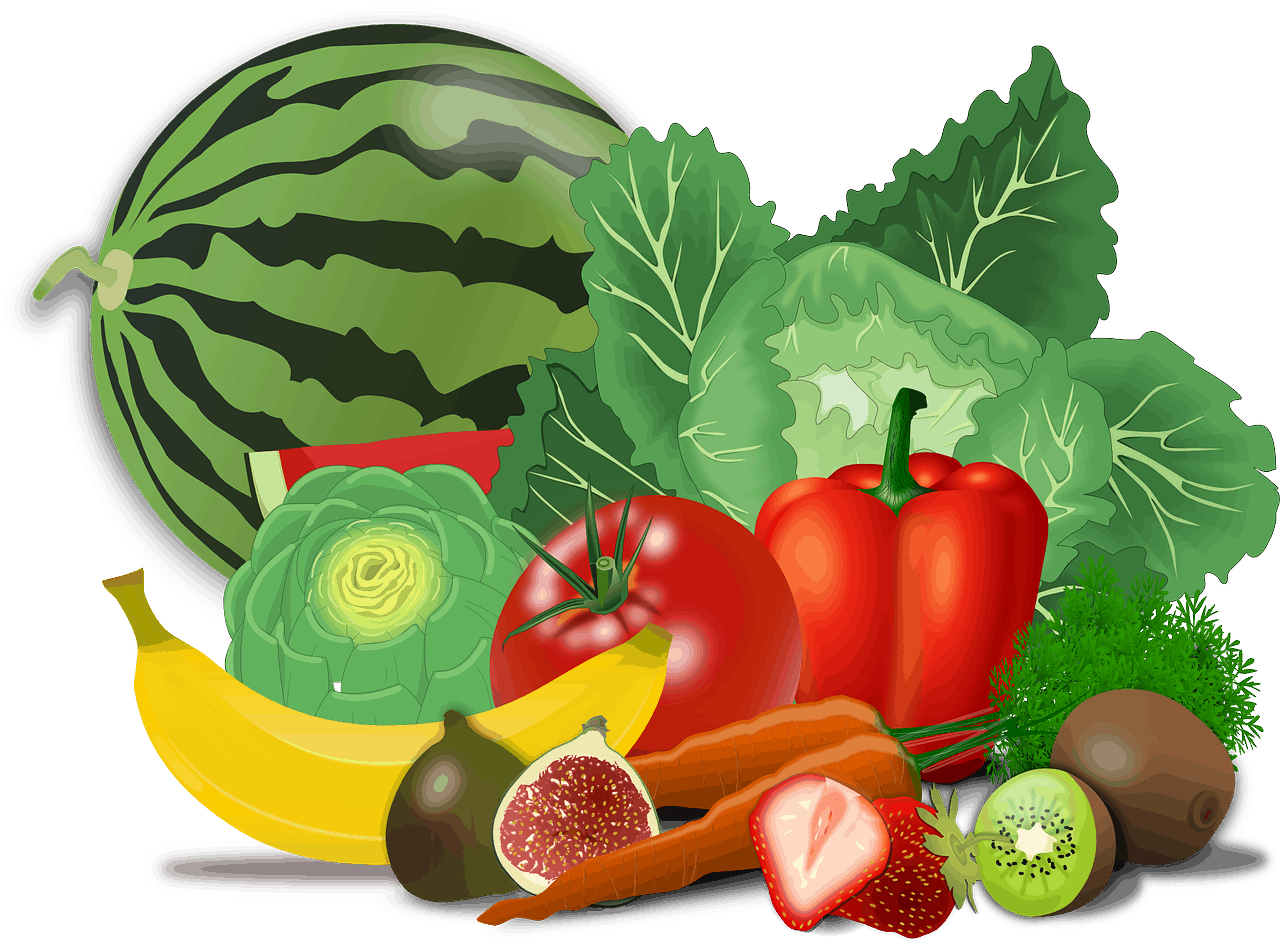Once you become pregnant, it’s important to focus your nutrition and diet plan on including foods with valuable minerals and nutrients that will be key to your baby’s development.
Your decision to have a baby will forever change every area of your life in the very near future. One area in need of particular attention, however, is your personal diet and nutrition while pregnant. Specific vitamins and minerals are required in larger doses to ensure a healthy pregnancy and the healthy development of your baby. Learn which foods contain these nutrients, how much you need to consume, and what you need to avoid to get the best nutritional value during your pregnancy.
The Nutrition You and Your Baby Need During Pregnancy
Folic acid and iron are two of the most important minerals you will need before and during your entire pregnancy. Getting enough of the B vitamin known as folic acid from diet alone is challenging, so a daily supplement that contains 600 micrograms is highly recommended. This is because folic acid prevents birth defects in your baby’s nervous system.
Iron is required in double doses to deliver a steady supply of oxygen to your baby. You can get the recommended daily 27 milligrams in foods such as lean red meat, beans, and legumes or through a prenatal supplement.
Calcium and Vitamin D are also highly essential during pregnancy. You will need at least 1,000 milligrams of calcium every day to supplement your baby’s bone and teeth growth, which can be found in dairy products, broccoli, spinach, and kale. Exposure to daily sunlight will help you absorb the Vitamin D that your baby needs for healthy eyesight and skin. The recommended 600 international units of Vitamin D can also be found in salmon and milk.
MyPlate Full of Help: Your Pregnancy Diet
The old U.S. Department of Agriculture’s Food Pyramid Guide was replaced in 2011 with a system called MyPlate. The program’s SuperTracker helps you calculate your optimal pregnancy diet based on your age, height, weight, physical activity level, and stage of pregnancy. Once you create a profile, your Daily Food Plan can help you to choose the best foods in the right amounts. It’s important to eat three balanced and moderately-sized meals plus nutritious fruit, vegetable, and nut snacks every day.
Here are the “super food” groups you should focus on:
Vegetables: 3 cups per day
Go for fresh, steamed, or raw vegetables over frozen or canned whenever possible. Try to eat a variety of different colors of vegetables and fruits to get all of your needed vitamins.
Fruits: 2 cups per day
As with vegetables, go for fresh options as often as you can because the fiber will help prevent constipation and hemorrhoids. Check labels of canned or frozen fruits to see if their juices are used as repackaged fruits often contain excess sugars in their liquids.
Grains: 7 ounces per day
Seek out whole grain products whenever possible, such as oatmeal, brown rice, and whole wheat breads. Whole grains contain the most fiber, nutrients, and vitamins.
Proteins: 6 ounces per day
Look for lean meat, poultry, beans, peas, legumes, eggs, and soy products such as tofu, nuts, and seeds. Safe fish can be enjoyed once weekly. Do not eat raw fish found in sushi and sashimi or undercooked shellfish, such as clams, mussels, oysters, or scallops. Avoid shark, swordfish, and tuna entirely. They often have higher mercury levels that can be dangerous to your baby’s health.
Dairy: 3 cups per day
Dairy products are high in calcium and protein. Choose low-fat options to get all the nutrients without the fat. Stay away from soft cheese such as feta, Brie, and blue-veined selections unless the label clearly states that they are made with pasteurized milk.
Oils: 6 teaspoons per day
Olive oil, avocados, nuts, and seeds are all healthy oil choices.
While following this nutrition plan, try having at least 30 minutes of exercise every day at a moderate intensity level. Walking, hiking, bicycling, and gardening are all excellent physical activities during pregnancy.
There is no better time to take exceptional and loving care of your body than during pregnancy. Contact The Woman’s Clinic for help with your pregnancy diet at 501-664-4131 to set up a personal health consultation with one of our doctors.
*photo courtesy of nirots through freedigitalphotos.net

